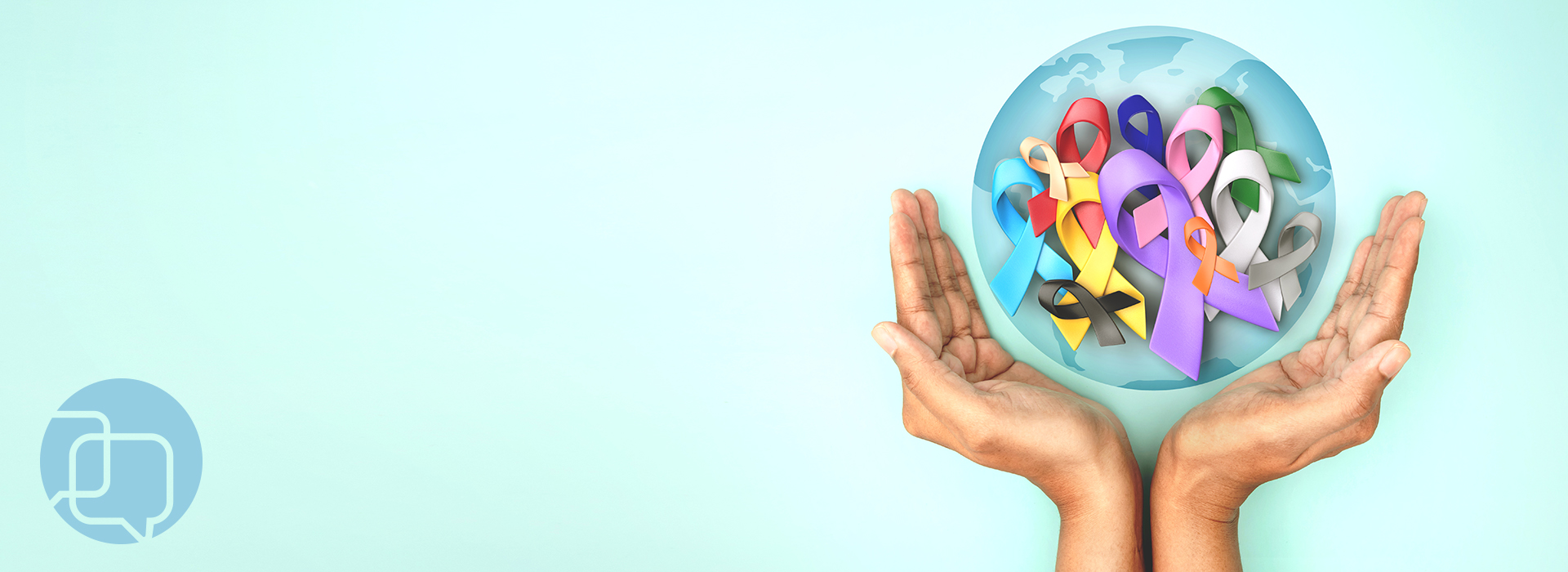
Uniting Against Cancer: Work Cancer Day
World Cancer Day, observed on February 4th each year, serves as a global initiative to raise awareness, promote prevention, and unite communities in the fight against cancer. Founded by the Union for International Cancer Control (UICC), this day encourages individuals, organisations, and governments to come together to address the challenges posed by cancer and work towards a future free from the burden of this disease.
The Significance of World Cancer Day
- Global Solidarity: World Cancer Day serves as a powerful reminder that cancer knows no boundaries. It affects people of all ages, genders, and backgrounds worldwide. By dedicating a day to global awareness and action, communities around the world unite in solidarity to address the impact of cancer on individuals, families, and societies.
- Raising Awareness: One of the primary goals of World Cancer Day is to raise awareness about cancer, its prevention, and the importance of early detection. Through educational campaigns, events, and media outreach, the day provides a platform to disseminate information about risk factors, symptoms, and available resources for prevention and treatment.
The Three Pillars of World Cancer Day
- Prevention: Prevention is a key focus of World Cancer Day. Emphasising lifestyle choices, such as maintaining a healthy diet, engaging in regular physical activity, and avoiding tobacco and excessive alcohol consumption, is crucial. By adopting preventive measures, individuals can reduce their risk of developing certain types of cancer and contribute to a global reduction in cancer cases.
- Early Detection: Early detection is a game-changer in the fight against cancer. World Cancer Day highlights the importance of regular screenings and awareness of warning signs. Early diagnosis often leads to more effective treatment options, improved outcomes, and a higher likelihood of successful recovery. Encouraging routine health check-ups is a vital step in ensuring early detection becomes a reality for more individuals.
- Treatment and Support: World Cancer Day recognises the importance of equitable access to quality treatment and supportive care for all. It advocates for comprehensive cancer care that addresses not only medical needs but also the psychological, emotional, and social aspects of the cancer journey. Supporting individuals affected by cancer and their families is a critical component of the global effort to improve cancer outcomes.
Individual and Collective Action
- Empowering Individuals: World Cancer Day encourages individuals to take charge of their health by adopting healthy lifestyles, participating in cancer screenings, and being proactive in seeking medical advice. Personal responsibility, combined with knowledge and awareness, empowers individuals to reduce their cancer risk and contribute to the overall well-being of their communities.
- Advocacy and Policy Changes: Beyond individual actions, World Cancer Day calls for collective advocacy and policy changes. Governments, healthcare organisations, and advocacy groups are urged to prioritise cancer prevention, invest in research, and ensure that cancer care services are accessible and equitable. By influencing policy, the global community can address systemic issues and improve the overall landscape of cancer care.
Conclusion
World Cancer Day is a poignant reminder of the shared responsibility we have in confronting the global challenge of cancer. By raising awareness, promoting prevention, and advocating for improved cancer care, we can collectively work towards a world where fewer lives are touched by the devastating impact of this disease. As individuals, communities, and nations join forces on February 4th and beyond, the hope is that the collective efforts will bring us closer to a future where the burden of cancer is significantly reduced, and where compassion and support prevail in the face of this formidable adversary.
